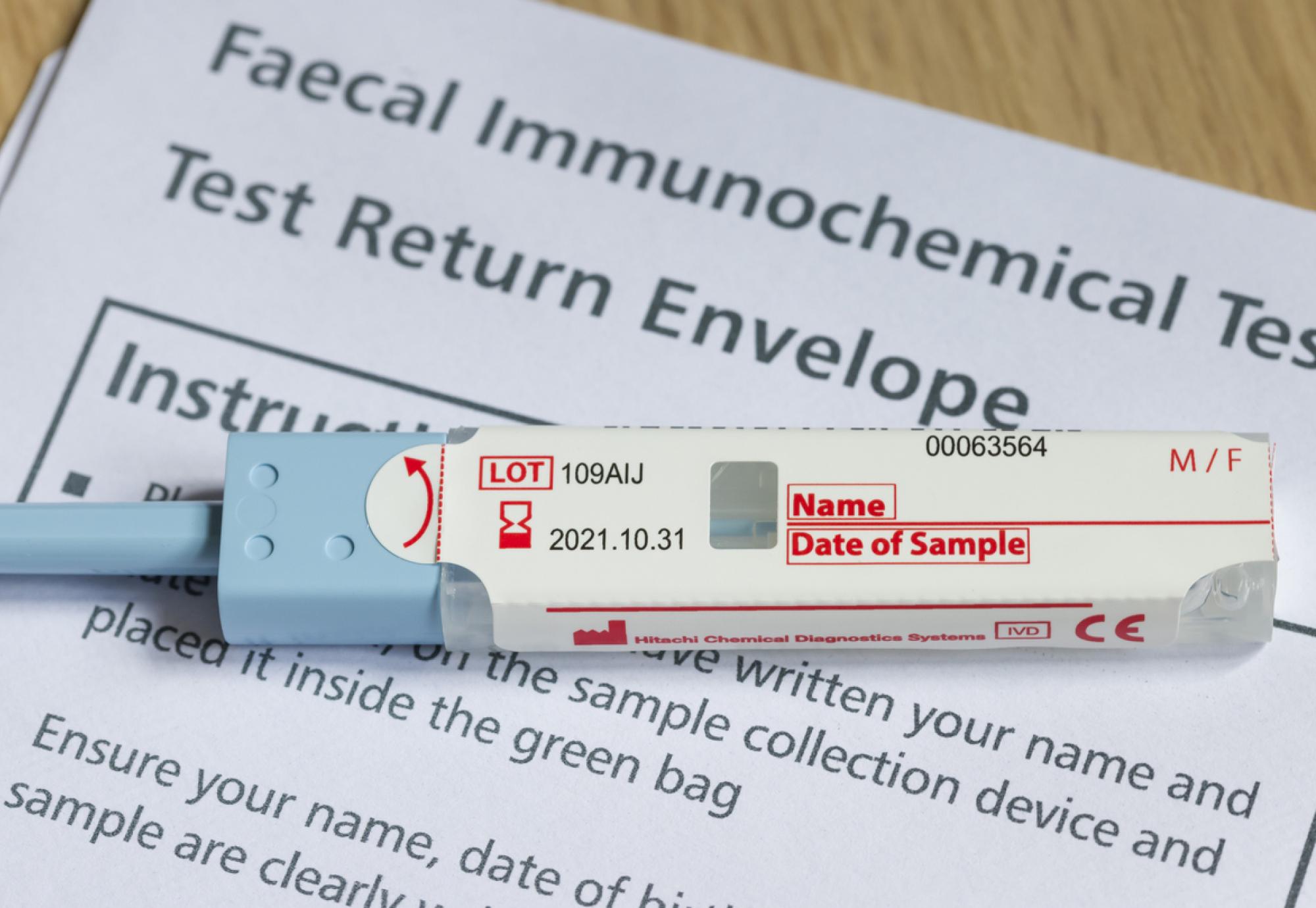NHS patients are set to benefit from improved cancer diagnosis thanks to new guidance from the National Institute for Health and Care Excellence (NICE).
In a move that could save nearly 100,000 colonoscopies, NICE has recommended that those with symptoms of colorectal cancer are offered a home quantitative faecal immunochemical test (FIT) from one of two technologies – HM-JACKarc or OC-Sensor.
With fewer people referred to secondary care for unnecessary colonoscopies, those who do require further investigations can be prioritised, thus leading to a faster diagnosis.
NICE analysis estimated that, if a 25% reduction in the number of people referred was observed, 94,291 fewer colonoscopies would take place each year.
Such an approach has already been adopted by North Tees and Hartlepool NHS Foundation Trust, which showed more cancers were detected using fewer colonoscopies – benefiting both the health service and the patient.
Genevieve Edwards, chief executive at Bowel Cancer UK, said: “Those with low risk symptoms, especially younger people, often face a delayed diagnosis or have to see their GP a number of times before being referred for further tests.
“This guidance will help GPs to better identify and refer the right patients for further testing quickly and could help detect bowel cancer at an earlier stage when it is more treatable and curable.”
How the test works
A NICE committee advised that patients should send a sample of faeces to a laboratory so the amount of blood in it can be measured – with results usually available in a week, if there are found to be 10 micrograms or more of haemoglobin in the sample, the patient should be referred for further tests.
The tests cost the NHS between £4 and £5 per sample and can accurately identify approximately nine out of every 10 people with cancer. If deemed necessary and symptoms are persisting, GPs will still be able to refer patients for a colonoscopy if they have a negative FIT score.
Image credit: iStock



















